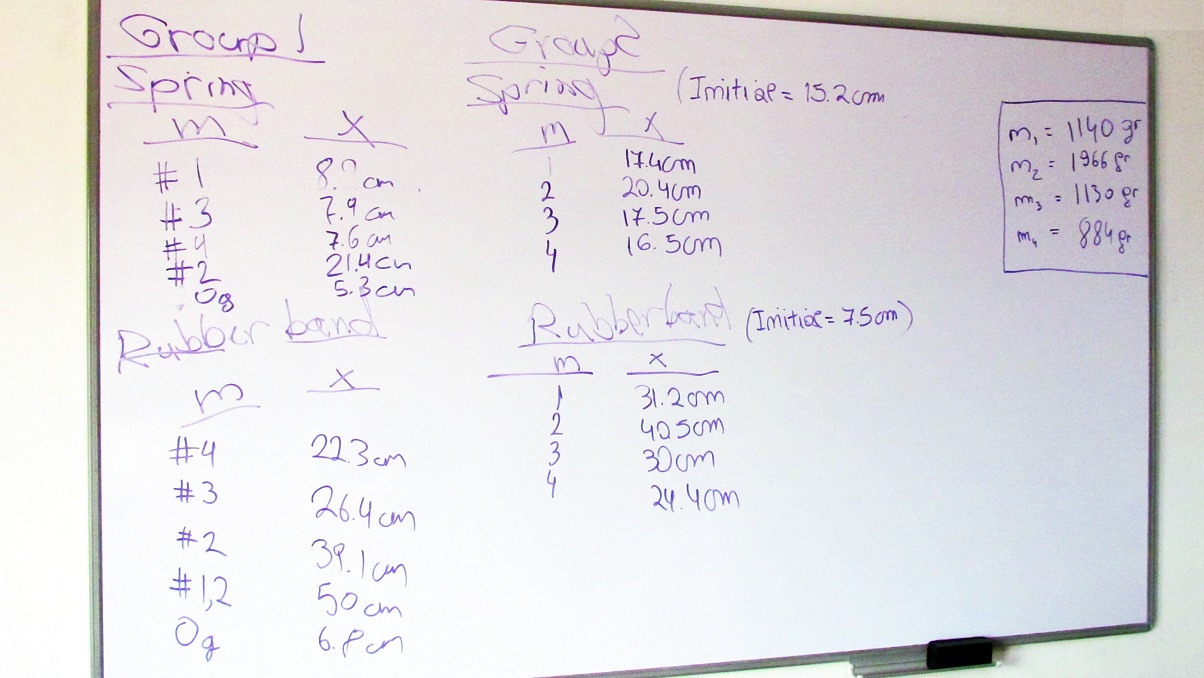There will soon be tougher requirements for Australia’s STEM teachers to have specialised knowledge after it was revealed that many lack tertiary training in their fields.
Minister for Education and Training Simon Birmingham announced the measures on Monday, which will see every Australian high school given access to specialist science and maths teachers who have studied those subjects at a university level within the next five to ten years.
“It’s unacceptable that secondary school students are taught science or maths subjects by people without specialist skills in science or maths,” Birmingham told the Conference of the Australian Science Teachers Association.
“Based on better workforce data, the states and territories should be willing to make clear to universities where their employment priorities lie and create direct incentives for more people to consider specialising in physics, chemistry, biology, technology or maths.
“If need be, federal funding powers over university places could be used to help the states to influence teachers we need for the future.”
He pointed to data from 2013 which estimated that 20% of general science teachers taking Year 7 to 10 classes had not completed one year of tertiary study in that area.
“There are too many cases where too many teachers have been teaching outside of their scope, and while they do a fabulous job and the best they possibly can, students deserve biology specialists teaching biology, physics specialists teaching physics, maths specialists teaching maths, and that’s what we want to see occur,” he said.
The move follows recommendations from both the Gonski report 2.0 and Australian Chief Scientist Dr Alan Finkel which called for decisive and specific in the area of STEM.
Australia’s peak body in science and technology, Science & Technology Australia welcomed the government’s announcement, with CEO Kylie Walker reiterating the need to fill this gap.
“We already have skilled workforce deficits in some areas of technology, and we know the major growth in future jobs will be in science, technology, engineering and maths: we need to support teachers with the right skills to prepare our students for the jobs of tomorrow,” she said in a statement.
“We hope Minister Birmingham’s commitment to developing teacher skills extends to encouraging and incentivising universities to attract more students to undergraduate science and maths degrees.”
Universities Australia also supported the move, however CEO Catriona Jackson explained that current government regulation for universities creates a challenge for achieving Birmingham’s vision.
“We share the Minister’s desire to see more STEM teachers in schools but the Government’s own funding freeze on universities has made that much harder to achieve,” she said.
“Thanks to the Government’s university funding freeze, there will be fewer students studying science technology engineering and maths, along with all the other disciplines, next year.
“The Government’s freeze makes it more difficult — not easier — for our nation’s universities to meet the growing demand for STEM skills across the economy, including as teachers.”
Alongside the high school teaching revamp, Birmingham also announced the government had committed $64 million to fund early learning and primary school STEM activities, which directly supported classroom teaching.
He explained that “by building a foundation interest in STEM at those first years of educational experience, we hope and expect more students to be curious about STEM subjects, to enhance that natural curiosity that of course students so often start their schooling with and to honour that throughout their schooling and into the workforce.”










